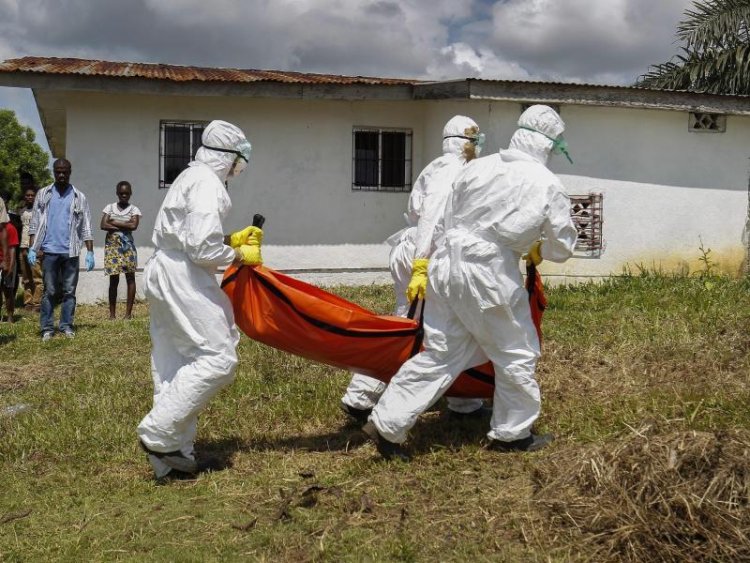GHS sounds alarm as 3 die of Ebola in Guinea
The Ghana Health Service has instructed all public health institutions to stay on high alert to prevent any possible Ebola outbreak

The Ghana Health Service has instructed all regional, district and local health institutions to be on high alert following the confirmation of new Ebola virus infections in West African country, Guinea.
GHS announced that three persons have died of the Ebola Virus Disease (EVD), out of 7 reported cases in Guinea.
"This is to inform all stakeholders in the health sector of the confirmation of seven (7) cases of Ebola Virus Disease (EVD) in Guinea on 14 February 2021. Three of the cases have died from the disease," health authorities said in a statement issued by its Director-General, Dr. Patrick Kuma-Aboagye.
It added: "All regional and District Public Health Emergency Management Committees should include EVD on their agenda. Additionally, regions, districts, health facilities, port health units at all border posts particularly along the Western border and all landing beaches are to heighten surveillance for EVD using the standard case definition."
It has therefore called on Ghanaians to take precautionary measures against the virus adding that residents in Ghana must protect themselves by avoiding "contact with blood and fluids (such as urine, saliva, sweat, faeces, vomit, breast milk, and semen) of people who show any symptoms of the above, practice hand hygiene: frequent hand washing with soap under running water or use an alcohol-based hand sanitizer, do not handle items that may have come in contact with an infected person’s blood or body fluids.
"Avoid contact with dead bodies, including participating in funeral or burial rituals of suspected or confirmed Ebola cases, avoid contact with animals (such as bats or monkeys) or with raw or uncooked meat, Do not handle bushmeat (wild animals hunted for food), Seek medical care immediately (nearest health facility) if one develops a fever (body temperature 38 °C or above) or other symptoms such as severe headache, fatigue (feeling very tired), muscle pain, vomiting, diarrhea, stomach pain, or unexpected bleeding or bruising."
During the West Africa Ebola outbreak in 2014-2016, there were 28 000 cases, including 11,000 deaths.
The outbreak started in Guinea and then moved across land borders to Sierra Leone and Liberia.






































